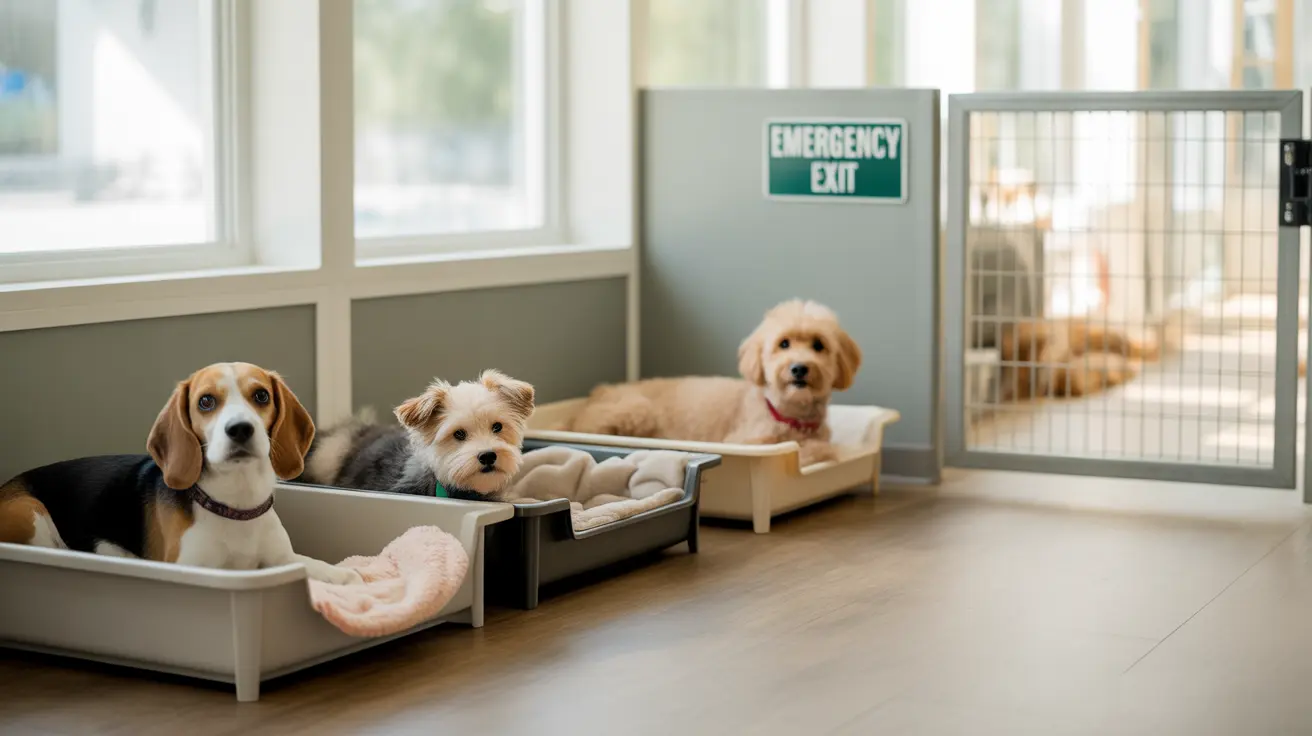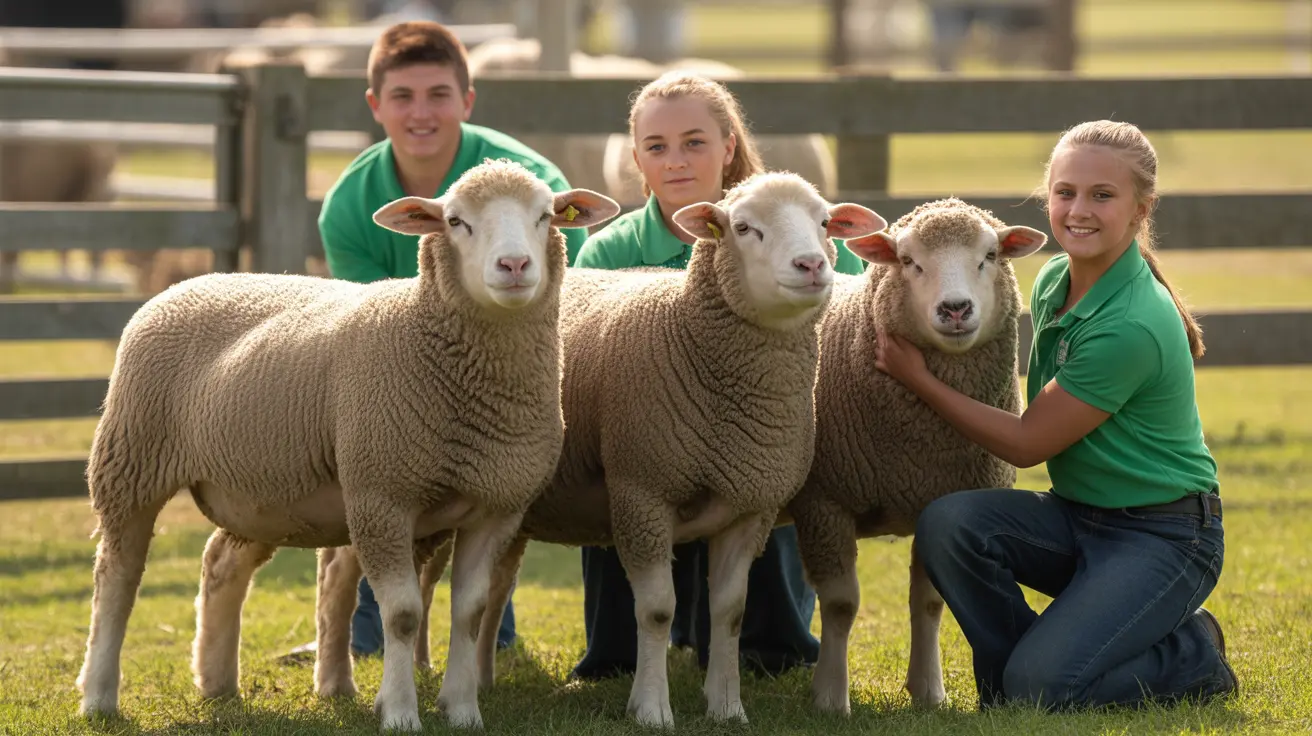Why Do Dogs Steal Your Spot When You Get Up?
If you're a dog owner, you've likely experienced the curious phenomenon of your pup sliding into the exact spot you just vacated on the couch or bed. But why do dogs do this? Understanding this behavior from your dog's perspective involves delving into instincts, emotional needs, and social cues.
Instinct and Pack Mentality
Dogs are pack animals by nature. In the wild, they would sleep close to their packmates for warmth and security. By taking your spot, your dog may be expressing affection, saying, in essence, "I feel safe here." Your presence—and your scent—represents familiarity and trust.
Scent and Comfort
One of the primary reasons dogs steal your spot is because your scent provides them with comfort. Dogs have an extraordinarily keen sense of smell, and the space you’ve warmed up is saturated with your scent. This is calming and reassuring, especially if your pup experiences any separation anxiety or needs a sense of routine.
Warmth and Physical Comfort
Let’s face it—your spot is usually warm and cozy. Dogs, especially those with thin coats or smaller bodies, might be seeking physical comfort when choosing your place. It’s particularly common during colder weather when warmth becomes a top priority.
Affection and Bonding
Dogs love being close to their humans. Curling up in your recently vacated spot can be your dog’s way of showing love and devotion. It’s also a non-verbal form of bonding—they are reminded of you even when you’re not right there.
Territorial Behavior
In multi-pet homes, dogs may use this behavior to assert their social ranking or territory. By taking your spot, they might also be making a subtle statement to other pets: “This human is mine.” While not aggressive, it’s a gentle way of declaring their relationship to you.
Security and Protection
Many dogs take up positions where they feel they can protect their owners. Your spot—whether on the couch or bed—often has a clear view of the room, which allows them to keep watch. Sitting or lying there can be strategic and instinctual.
Reinforced Behavior Patterns
Have you ever chuckled, pet your dog, or given them affection for being in your spot? If so, you might have inadvertently reinforced the habit. Dogs are quick learners and will repeat behaviors that earn them attention or comfort.
General Anxiety or Stress
Some dogs are more emotionally sensitive. Changes in the home environment, thunderstorms, unfamiliar visitors, or even your own mood changes can lead them to seek additional reassurance. Your scent-laden spot becomes their sanctuary during uncertain times.
Sleep Patterns and Attachment
Where a dog chooses to sleep can tell you a lot about their emotional state. Common sleeping positions—like curling up in a tight circle or sprawling out—reflect both comfort and security. Stealing your spot can be part of their preferred sleeping arrangement based on those emotional cues.
Habit Formed From Puppyhood
Puppies that grow up sleeping curled next to their littermates often translate that closeness into their bond with you. Your spot becomes a reminder of that early warmth and connection, fulfilling a deep-rooted social need.
Recognizing Unhealthy Clinginess
While this behavior is generally harmless—and even endearing—it can become excessive. If your dog shows signs of heightened anxiety when you move, or aggressively guards your spot, it may be time to encourage independent behavior. Gradual training and providing alternative comforts—like a cozy bed with an old shirt of yours—can help mitigate overdependence.
Tips for Managing the Behavior
- Provide them with their own cozy resting space that mimics your scent.
- Use positive reinforcement to reward them for using their own bed or space.
- Encourage independence through chew toys or calming aids.
- Give them attention on your own terms—not just when they're in your spot.
- Consult a vet or trainer if the behavior is linked to anxiety.
Conclusion
Most dogs steal your spot not to be mischievous, but rather out of love, instinct, and emotional need. Your spot represents safety, warmth, and a close bond with you. While usually harmless, being aware of why it happens can help you decide whether to leave it be—or guide your pup to more appropriate behavior when needed.





